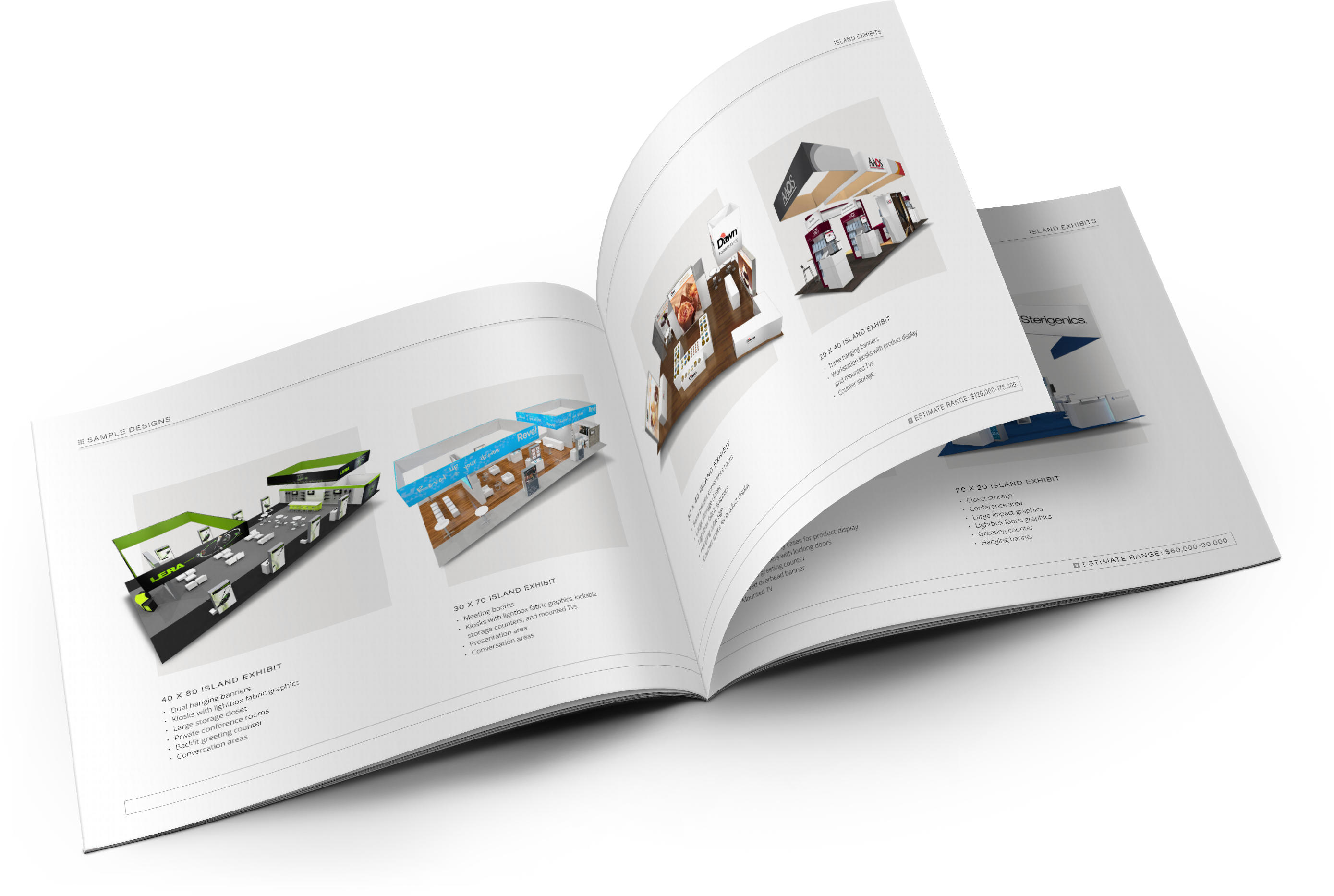In my many years in our industry, I’ve never faced a tougher time assisting clients negotiate, renegotiate, contract and modify contracts, and also creating contingency plans for meetings. Nothing in our professional or personal lives is as it was before SARS CoV-2 (aka COVID-19). For those who think that because the U.S. and other countries are opening travel the pandemic is over, or that the impact of COVID-19 will disappear, think again less magically. The contract negotiation checklist I created years ago has served me well. Fairly straightforward before, each area now requires greater knowledge, critical thinking, “tell me more” questions, and actions to move to contract because of changes, many resulting because of COVID-19. This brief article/checklist is not inclusive. Everything—supply chain, staffing and pandemic (booster shots required or not?)—changes daily, and with it, our meeting and contractual considerations.
Before you negotiate for new physical (in person) or hybrid meetings, revise your RFPs to include more questions relevant to changes since COVID-19’s onset. As you consider potential changes to discuss renegotiating for meetings already contracted, read news and social media posts by trusted colleagues and organizations. (IAVM is one great “go-to” source.) Create a list of questions, because your meetings, too, have changed. Provide those changes to the hotels with which you’ve contracted.
Service Expectations, Realities and Costs 
Businesses, including hospitality-related businesses such as restaurants and hotels, are experiencing labor shortages. Consider the following:
- Service standards your group expects based on contracted terms and statements at the time you contracted.
- Staffing changes about which to learn, some of which to contract:
- Percentage or specific numbers of staff in each department furloughed and when
- Staff returned from furlough
- New staff hired
- On-boarding procedures for new staff and retraining for returned furloughed staff
- Staffing and service changes in housekeeping, banquets, in-hotel outlets and front-desk, and implications of any changes including charges
Housekeeping
Prior to COVID-19, hotels told guests there was an option for less housekeeping services to obtain either financial credit or points. This was done, it was said, to further sustainability.
Now some hotels have cut housekeeping services* because there are too few staff to cover the daily needs. Guest rooms may now be serviced at check-out only or on-demand if available.
- If hotels have housekeeping on check-out only, it may impact check-in times. Ask and contract what to expect. For VIPs for whom you want daily or greater housekeeping, negotiate and determine and contract any additional costs.
* After the 2017 Las Vegas concert mass shooting, some hotels implemented housekeeping changes to create a method of room checks. Ask how safety and housekeeping are now handled.
F&B: Availability, Guarantees, Service and Costs
Staffing levels and supply chain issues have and will continue for some time to impact what is available, when and the costs. While planners were fortunate to provide group F&B guarantees 72 hours in advance of an event, now we may have to work with new deadlines because of supply chains and staffing. Ask the hotel about:
- Changes to group F&B conditions for availability of items, deadlines, guarantees, oversets and costs:
- The staff-to-guest service ratio to expect for your events
- Types of events you may hold (buffets? plated meals? packaged meals?) and under what conditions
- Service changes and charges for water and other beverages, service conditions for breaks and receptions, and other F&B events.
- Room service—if it still existed when you conducted your site visit or contracted—learn the current conditions
- Number, type, hours of outlets open
- Learn (and consider contracting depending on your group’s use) the availability for your meeting/arrival and departure pattern. Information may not be available until just prior to your group and others being in-house since some hotels are basing services on house-count and groups’ programs.
Safety and Security/Destination and Venue
At COVID-19’s beginning, it was thought surfaces were the mode of transmission. We quickly learned it was air flow. IAVM and others have resources to help you learn more about HVAC and air flow to ensure greater safety for meetings.
Other safety considerations:
- Vaccinations and testing: Determine if your group will require proof of vaccination or recent PCR testing and advise participants and vendors working your meeting of the requirements. Still to be determined: if proof of a booster when available will be required.
- Masking and distancing: The CDC, Johns Hopkins University and others recommend both; some local governments or hotels or other venues require masking in all indoor spaces and recommend masking outdoors in “close quarters.” This Cornell University e-Cornell Keynote (scroll to “Food and Wine – Here to Stay”) will help.
- Ambulance response times, hospital capacity and care limitations exist in some destinations where COVID-19 hospitalizations and medical personnel shortages are high. Stay informed by reading local-to-your-meeting news outlets.
- Terrorism goes on and off planners’ radar. The rise in domestic terrorism, including mass shootings, is a threat to any large gathering. Work with local law enforcement to determine best actions. Contract hotel policies that help protect guests.
Amenities/Destinations, Venues and Guest Rooms
Whatever you thought existed may no longer be available, or if available, may be subcontracted.
- Ask very specific questions to learn what is available to guests, and changes to hours of operation for onsite amenities.
- Learn and contract availability for items such as in-room coffeemakers with coffee. No in-room coffee plus closed coffee outlets may equal cranky guests.
- Check your RFP, proposals and, if already completed, contracts, to determine what was, and now what is, and how to manage those changes.
Charges, Taxes and Deposits
Hotel owners and operators need to make money to stay open, ensure upkeep (including better airflow), pay wages that attract and retain staff, and to procure goods and services.
- Check contracts for previously agreed-to charges, tax rates and deposits agreed to and how they now apply.
- If new deposit conditions are in place because procurement of goods (food and beverage in particular) is more complicated, discuss and negotiate conditions.
- Learn charges hotels have added since contracting with your group, and new taxes or surcharges.
- Ask if and how they apply to already contracted meetings. (You may have agreed to language like “or charges or policies in effect at the time of your meeting.”)
Force Majeure, ‘Impossibility’ and Cancellation Contract Provisions
Yes, I’ve saved “the best” for last!
With industry attorneys, we are still sorting out what clauses will protect all parties. It is thought COVID-19 may be a disruptor for more years—both for health and for supply chain issues.
There are direct and indirect realities of drought, wildfires and hurricanes that continue to disrupt transportation of people and goods, and safety and advisability of holding meetings. Laws, in direct opposition to a company’s or association’s mission or statements on inclusion, may cause a change in where one can meet. (Two past “stay or go” articles navigating policy issues are here and here.)
Many want to get back to meeting physically with others, if not for themselves then for the economic health of individual workers and to support communities. We now should be more aware of what can disrupt every plan and contract we had.
Make sure to revise RFPs and ask far more extensive and deeper questions before contracting. COVID-19, climate change and human factors will continue to cause disruption.
About the author - Joan Eisenstodt | Contributing Blogger, Friday With Joan Author and Industry Expert
Joan Eisenstodt, a meetings entrepreneur since 1981, has been honored by multiple hospitality and meetings organizations for her educational work in and for the industry. Her passion for helping bring people together meaningfully, safely and ethically is the focus of her writing and teaching.
Read more articles from this author - https://www.meetingstoday.com/articles/142937/eisenstodt-key-contract-concerns






